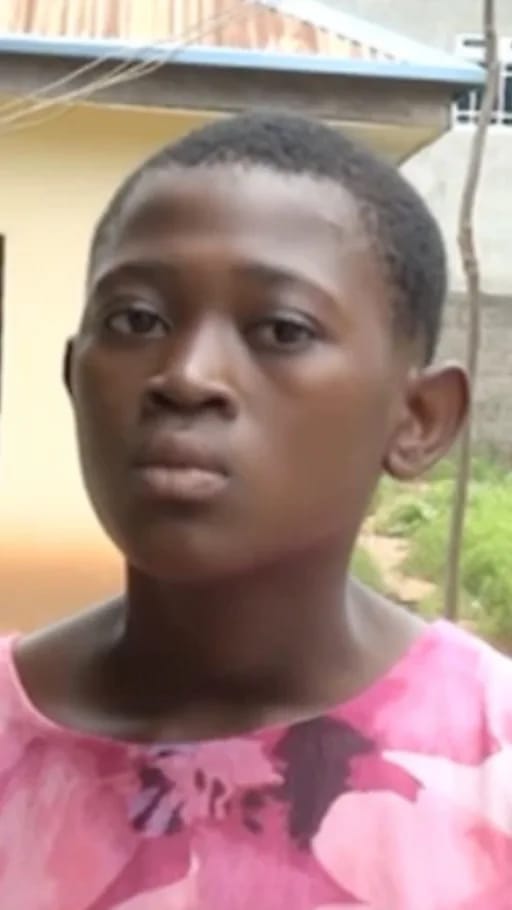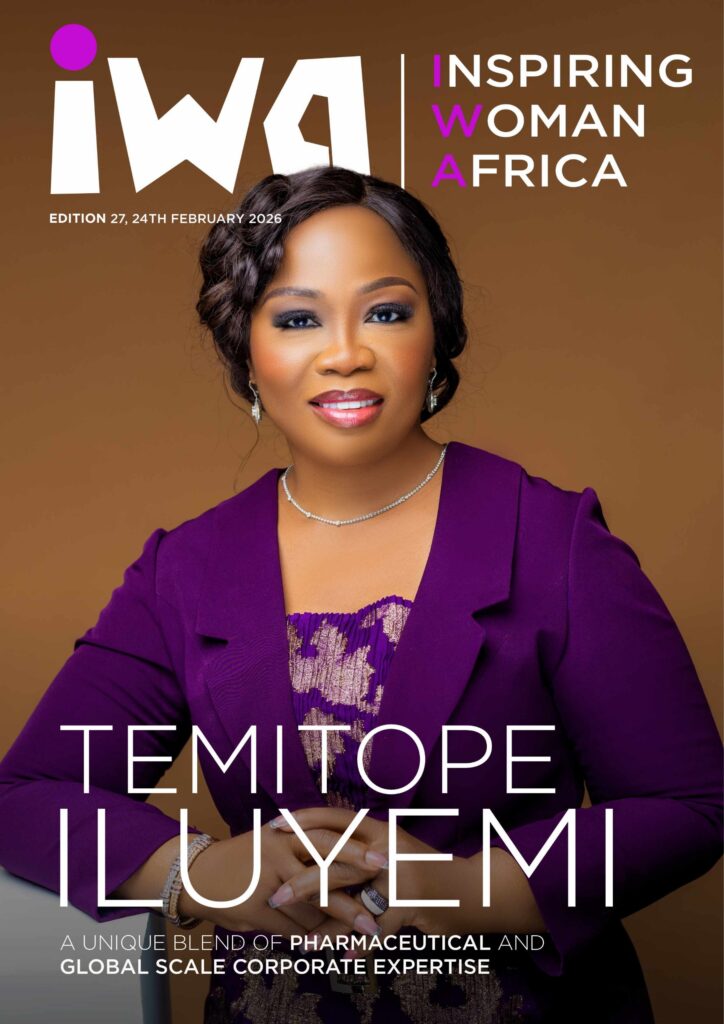
The story of 13-year old Ogbanje Ochanya has been making rounds on the internet recently; the girl whose life was cut short by the very people who were trusted to nurture the potential she carried. Not only did she die young, but the circumstances of her death were brutal and traumatizing, and I wouldn’t wish that on any other girl.
But how many other girls have the same story? Better yet, how many other girls will have the same story?
UNICEF’s data shows that about 80 percent of rape victims in Nigeria are girls below the age of 18, with only 60 percent surviving the assault. Ochanya represents a large pool of victims whose perpetrators may or may not be apprehended in their lifetime.
Her story forces us to confront a painful truth in society, that for many women and girls, fear is routine. There is always that quiet fear of walking home alone, speaking up, in a world that has normalised violence against women.
I try to imagine what Ochanya must have experienced and how alone she must have felt. No parents to confide in, but was there no teacher? Was there really no one who could have saved her or was everyone an onlooker as usual?

A few editions ago, I shared my personal physical violence story where I was hit by a man for no valid reason. He was empowered by other people’s silence who felt it wasn’t their business to interfere. The bystander effect is a psychological phenomenon where people are less likely to take action especially when others are present.
Sadly, the silence allows violence to thrive. We’ve been conditioned to look away, mind our business, and justify abuse as something private or deserved. But every time we stay silent in the face of injustice, we give power to the perpetrator and strip the victim of theirs. I imagine how the story could have turned if one of Ochanya’s teachers paid attention to her and did something, or a neighbour, or the cousin who first reported the issue to her mother. Just one person, who saw her as their responsibility.
We all have a duty to ensure the world is safer for children because being a girl in the world could mean constantly negotiating safety in spaces that should protect you. But, it can also mean being part of a generation that refuses to normalize violence. We owe it to Ochanya and every girl whose voice was silenced too soon, to build a world where silence is not the response to violence.
Zainab ADEROUNMU A. W. is a First Class graduate of English Language and the Overall Best Graduating Student from the Lagos State University, Lagos Nigeria. She’s a professional Master of Ceremonies, known as The Hijabi Compere , a public speaking coach and Communications Professional. She is currently a Youth advisor to the European Union where she doubles as the Spokesperson and Head of Communications & PR for the Youth Sounding Board.
Latest Posts
-
Feb 24, 2026 Busie Matsiko
-
Feb 24, 2026 Seven Money Moves to Make Today






